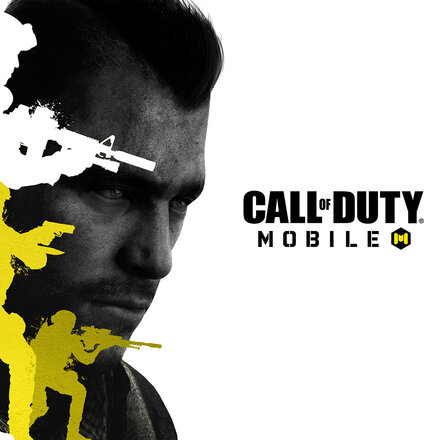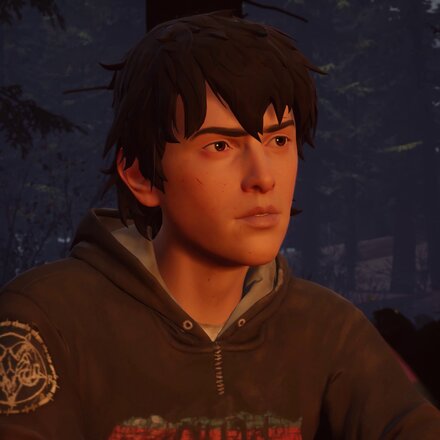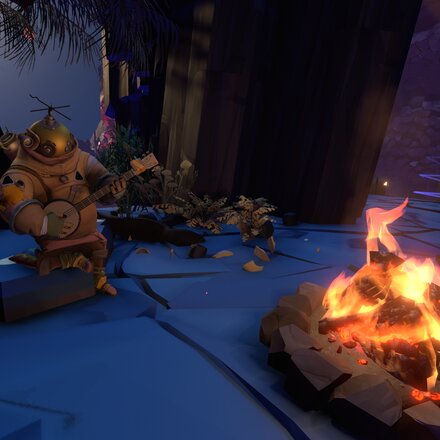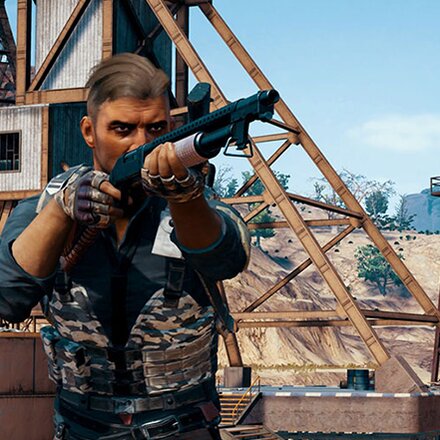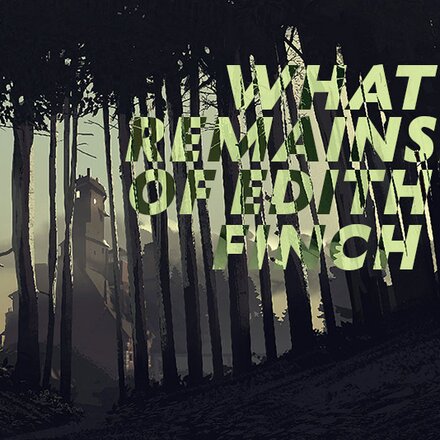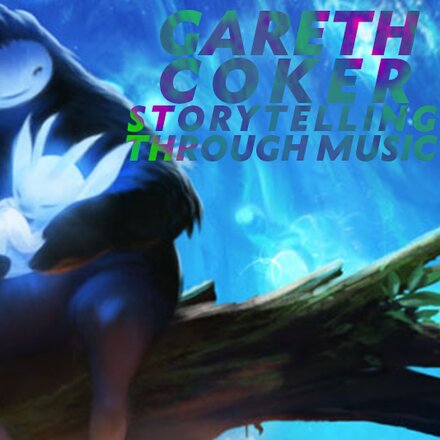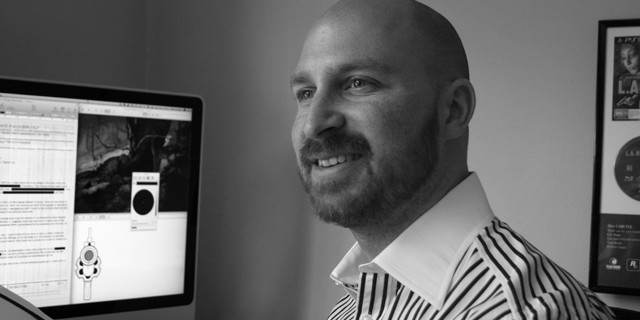
Alex Carlyle: Q&A
The LA Noire designer talks about his path into the industry, his inspirations and advice to aspiring games designers.
Published 19 March 2012
What first inspired you to get into your craft?
I grew up with video games and was always fascinated by what felt like a glimpse of the future. From drawing on a TV screen with the spectrum light pen, trying to solve mind bending text adventures, to piloting spacecraft in Elite on the BBC, the possibilities seemed endless. The merging of creativity and puzzle-solving has always been a draw for me. I’ve never lost that feeling, and even today it not only amazes me what we can achieve as game developers, but it’s what makes me want to keep striving for the stars, even after 12 years in the industry.
How did you first break into the industry?
I was incredibly fortunate. I met a Lead Designer from Sony at a leaving party in London for a mutual friend of ours and we got to talking. I was at a crossroads in my life and he was recruiting for junior designers. I leapt at the opportunity and was lucky enough to get a shot. I worked tirelessly to validate the confidence he showed in bringing me onto the team, and I’ve never looked back. I’ve never taken my break for granted, continuing to work hard, and now as a Lead Designer myself, doing my part to pay forwards and give some aspiring designers a break into the industry.
Which professional figure in your field do you find the most inspiring?
I don’t know that there is one all-encompassing figure in my field that inspires me; there are many. I was recently at GDC and listened to talks by the likes of Warren Spector, Will Wright and Sid Meier to name a few, but I am also lucky to work alongside people that inspire me on a daily basis, from youthful developers filled with passion and energy to battle-scarred veterans still reaching for the moon. I find inspiration comes from everywhere, not just within my field, but from people that put themselves out there and tell you a story, whatever it is they may do.
If you hadn’t managed to break into your field, what was your plan B?
I couldn’t honestly say. I can’t imagine doing anything else now, and I tend to not be a plan B person. You might not always get to where you want to be by the path you imagined, but as long as you don’t give up, I believe you can find your way there.
Which game do you wish you could have worked on?
I’m not sure there are entire games that I really wish I could have worked on, but there are certainly moments I would have loved to have been a party to. The decision to put the solution to a puzzle in Metal Gear Solid on the back of the physical CD case for example, or the plan to draw the Player into a relationship with Aeris (Aerith Gainsborough) in FFVII and then kill her off; clever moments that stand out, of which there are many more. I love to see the unexpected in a video game. Individuals and teams like thatgamecompany that pursue a course that breaks the established conventions, trying to do something different are always inspiring to me.
What single piece of advice would you give to a young person trying to break into your discipline and get noticed? How do you stand out from the crowd?
I don’t really believe this is unique to game design, but to succeed, you need to put yourself out there. You have to be the one that seeks out the people you want to work with and try and get in. You have to be the one that works harder than anyone else. You have to be the one that looks for a way into design. You can’t rely on someone else to do that for you. In today’s industry there really isn’t any excuse for not being able to demonstrate your creativity and tell what you have to say, especially with the likes of Unity at hand. I don’t know a designer out there that doesn’t have a game they want to make, or something they want to say. Don’t wait for someone to ask you what that is, get out there and tell your story.
Were there any people who supported/mentored/championed you in the early stages of your career? How important are these kinds of relationships?
There were many people in the teams I have worked in that have been supportive of me and the projects I’ve worked on. I also believe that if you’re open to learning, you can receive mentorship from almost anyone in one form or another. That said, the onus is firmly on yourself to prove yourself, to be a part of a team and to be receptive to what people are telling you and listen to their ideas.
How do you think the games industry will change in the next few years?
One of the most interesting developments in the games industry right now is the level of creativity emanating from the independent scene. What I’d love to see happen is a closing of the gap in trying new things, between the mainstream and the independent sides of the industry. What we need is an audience to be open to new ideas, developers willing to try and make something different and publishers who are willing to take a chance. I’m not sure we’ll see that in the short term, but I do believe it is a goal worth pursuing.

